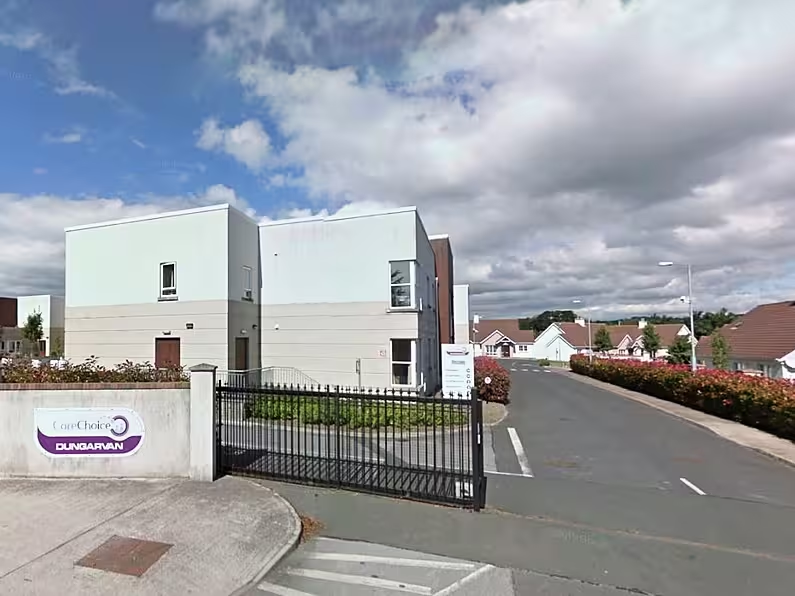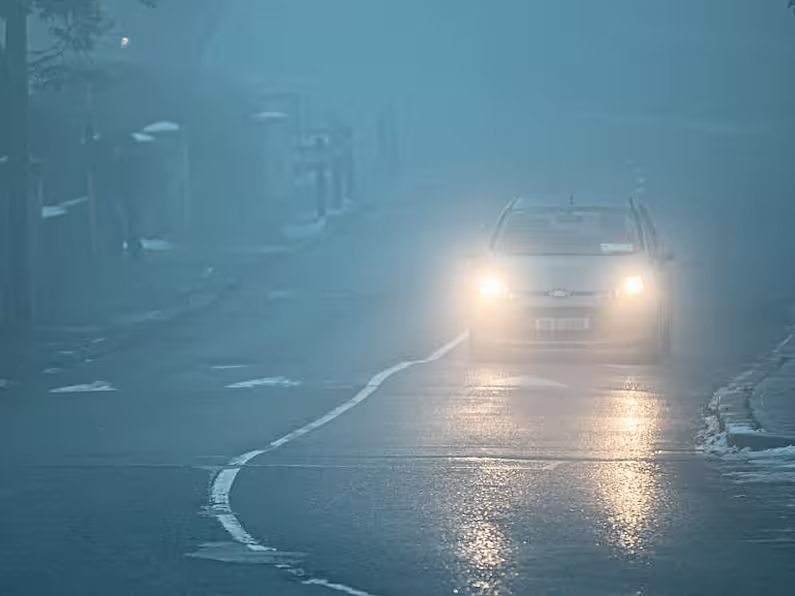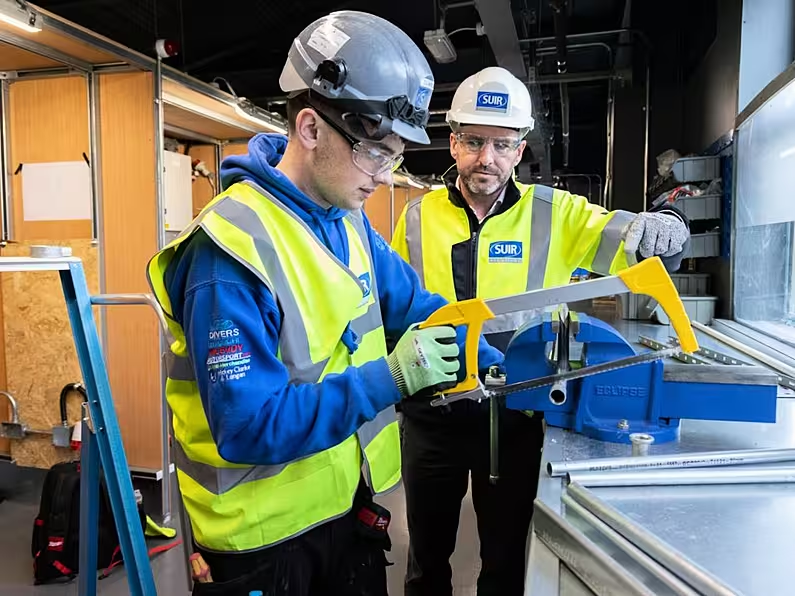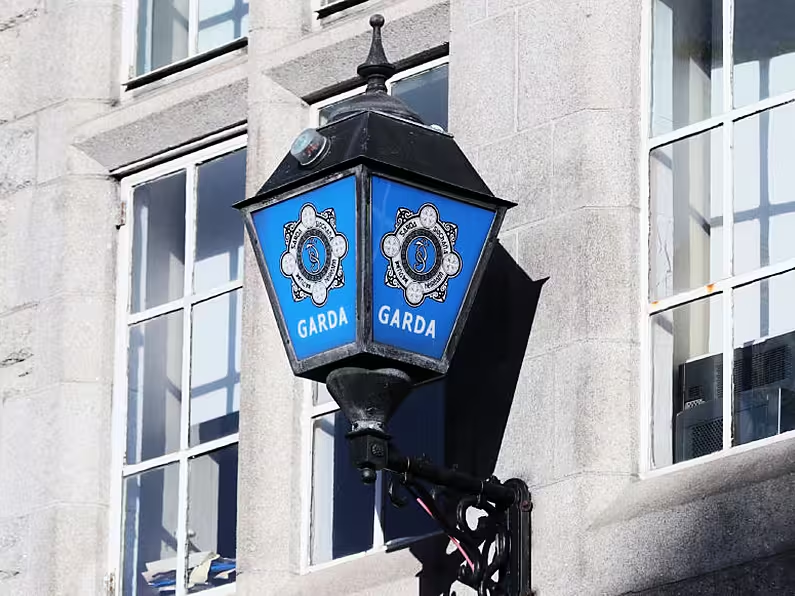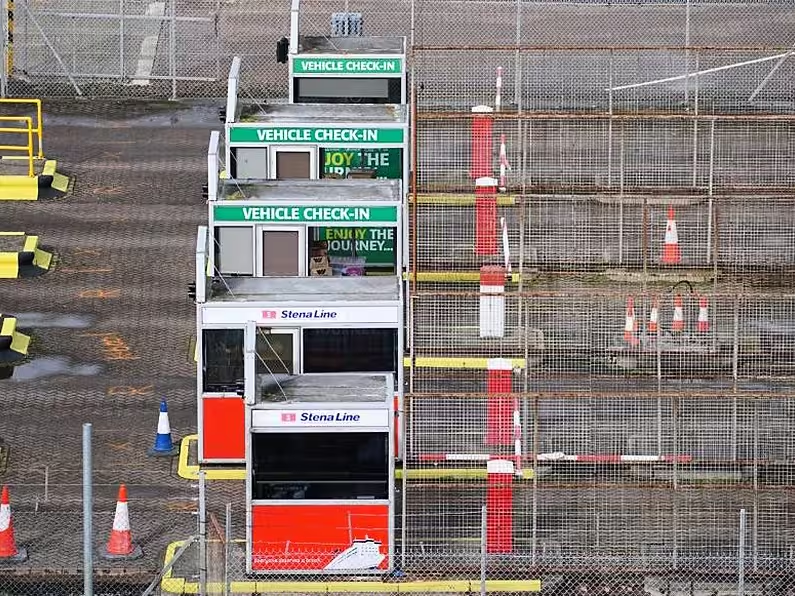Ann O'Loughlin
Riverdance and Lord of the Dance star Michael Flatley and his family are "devastated" at having to leave their Co Cork period mansion after it was claimed an alleged extremely hazardous chemical residue was detected in the period property, the High Court has heard.
The 65-year-old star claims that he, his wife Niamh and their son Michael St James cannot reside at the protected structure Castlehyde outside Fermoy, where he has invested over €29 million since he acquired it in 1999.
Mr Flatley says that it will cost €25 million and take two years to remedy the problem.
In a sworn statement to the court, Mr Flatley says that his family have "all suffered ill health since moving back to Castlehyde" after remediation works.
I believe I was one of the fittest people in Ireland, and despite the same, I developed cancer.
"I believe I was one of the fittest people in Ireland, and despite the same, I developed cancer," he said.
In High Court proceedings, Mr Flatley is suing the Austin Newport Group Limited, the alleged main contractor that carried out remediation works on the property after a fire in 2016, and the insurers of Castlehyde, Am Amlin Underwriting Ltd, AXA XL Underwriting Ltd, and Hamilton Managing Agency Ltd.
The entertainer is seeking damages from those parties claiming, among other things, alleged negligence and alleged breach of health and safety regulations and building regulations.
He has also brought proceedings against Mr David Cushion, who the court heard had been his accountant, and broker who had allegedly arranged insurance.
In the proceedings, Mr Flatley also seeks judgment in the sum of €25 million.
The court heard that last October the Flatleys left their home after experts conducting routine maintenance of the house detected alleged high and unsafe levels of chloride residue from PVC on the walls and furniture of the property.
Mr Flatley's counsel Ronnie Hudson Bl instructed by solicitor Max Mooney, said it is their case that the residue came from the combustion of PVC during a fire at the property in 2016, and is carcinogenic.
Counsel said that Mr Flatley claims that the main contractor, which was hired by the insurers to do remedial works, was allegedly aware of a problem with the residue while it was working on the property in 2016, but allegedly did not disclose this information to his client.
Counsel said that an email dated August 5th, 2016 allegedly sent to the defendants was recently discovered in a box of other documents allegedly left in Castlehyde.
It stated that unacceptably high levels of chloride content from the combustion of PVC had been detected, and would have "an adverse effect" on metal components in the property, counsel said.
Counsel said it is Mr Flatley's case that the alleged issue concerning the PVC residue should have been known about.
In his proceedings, Mr Flatley claims the remediation works carried out were allegedly defective, done in an alleged negligent manner and he claims that defects, including the PVC residue, were allegedly hidden from Mr Flatley.
Counsel said that in 2018, arising out of the damage caused by the fire, the insurers brought proceedings seeking damages against other parties that had carried out works on the property in 2006 and 2007.
Mediation
Those proceedings, which were brought in Mr Flatley's name, were settled following mediation.
As part of his latest action, Mr Flatley wants parts of that settlement agreement set aside.
Counsel said that his "international superstar and multi-award winning client" and his family are "devastated and distraught" over having to leave their home.
The matter came before Mr Justice Liam Kennedy in the High Court on Tuesday.
Following an ex-parte application to the court, the judge said that he was satisfied to grant the plaintiff permission to serve the proceedings on the defendants who are all based in the UK.
The judge said that at this stage, he was not prepared to grant an injunction requiring some of the defendants to preserve any reports they may have on the works allegedly carried out.
The judge noted Mr Flatley's concerns on this issue that documents may be destroyed, but said that there was insufficient evidence before the court that would allow it to grant such an order.
The case will return before the court at a later date.







